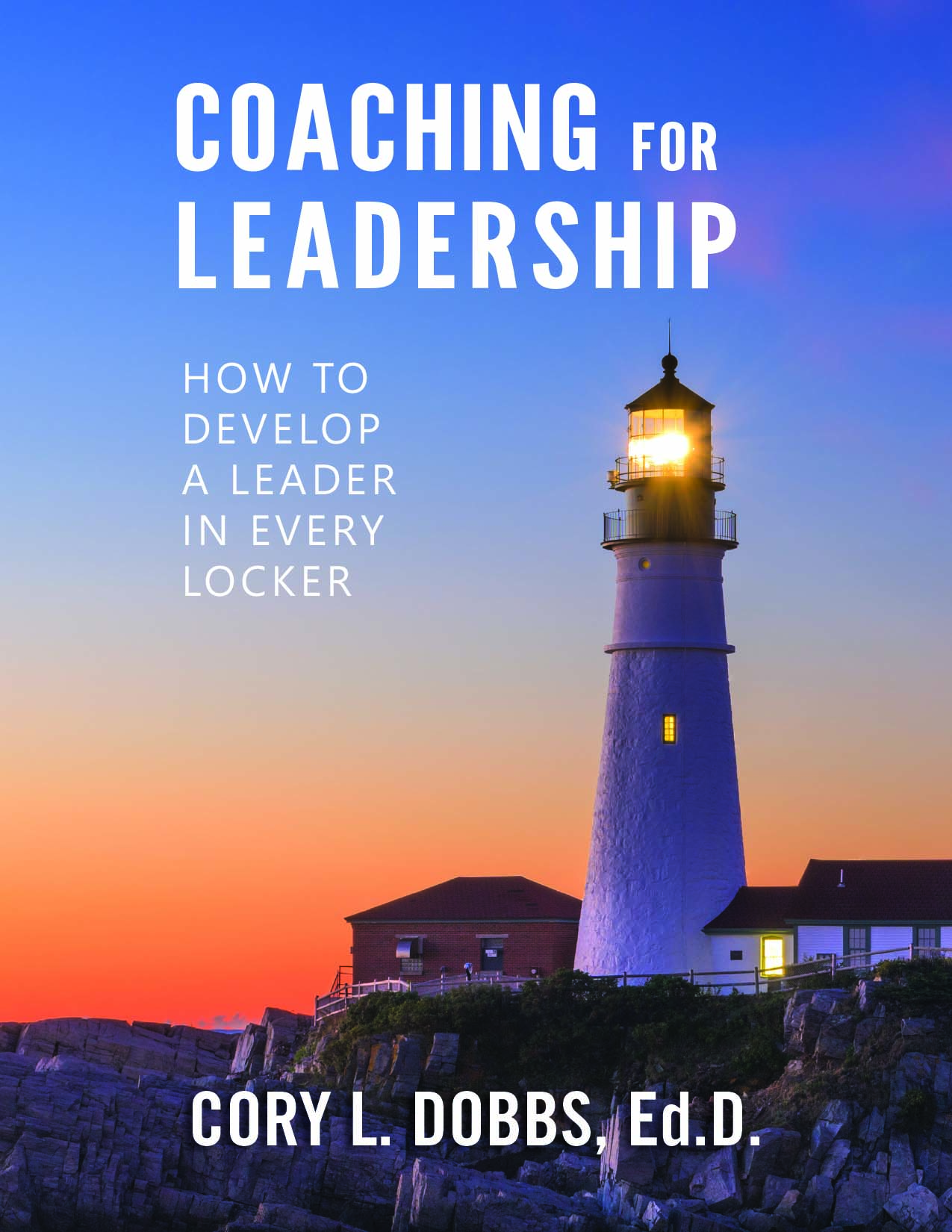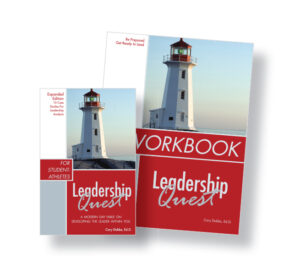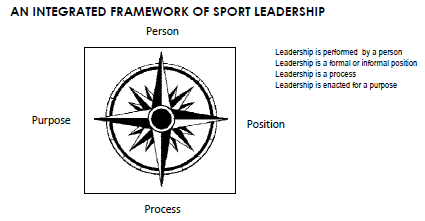An Academy for Sport Leadership Case Study–Dr. Cory Dobbs
Instructions: give a copy to every team member. Read alone. Answer discussion questions. Come together as a team and engage in a spirited conversation. When you’re done, identify two action items for your team.
Big “We,” little “me”
Thinking and Acting Like a Committed Teammate
Introduction
Erin arrived late to her first class of the day. She was still brooding about not playing in last night’s game. Consumed with disappointment in her coaches, teammates, and herself, Erin was contemplating quitting the team. She reflected on the hours upon hours invested over the past two years simply to eke out a few minutes of playing time each game. She’d set high goals for herself, and she met most of them. She improved in the weight room and on the playing field. She always gave all she had in practice and the coaches were usually pleased with her as a member of the team. However, she seemed to be stuck on starting. Playing time. Seemed little else mattered to her. She wasn’t quite sure why she felt this way, she’d always thought of herself as a very good teammate. She enjoyed working alongside everyone, had not grudges and couldn’t muster a bad word about her teammates. She just wanted to play. And she’d just realized after last night’s game she really wouldn’t get much playing time this year—her senior season.
Questions for Discussion
- Why might a team member become discouraged about a lack of playing time?
- How can you encourage teammates to balance “Me” with “We?”
- How might you unknowingly discourage a teammate from accepting “we?”
- How might Erin’s thoughts determine her behavior?
- What happens when one team member goes in his or her own direction?
- What might happen when a team member places too much emphasis on themselves?
- What are the benefits of being a member of a team? (physically, intellectually, emotionally, socially)
- What “rewards” might a player receive that doesn’t get much playing time?
What’s at Stake?
While we all have to take responsibility for ourselves and our success in life, we need to do so in a way that honors the various wholes of which we are a part. Thinking and acting “BIG We, little me” is not about denying yourself, your needs, or your individuality. It is about realizing that you are part of a whole that is greater than you.
Point to Ponder
A famous proverb states, “The best potential in ‘me’ is ‘we.’”
*This case is a part of a portfolio of cases created by The Academy for Sport Leadership. Case studies legitimize a range of issues by giving the student-athlete an opportunity to explore the physical, intellectual, emotional, and social dimensions of existing or potential problems.
“Tell me and I’ll forget. Show me and I may remember. Involve me and I will care.” -Your Student-Athlete The world of coaching is changing. In Coaching for Leadership you’ll discover the foundations for designing, building, and sustaining a leadership focused culture for building a high-performance team. To find out more about and order Sport Leadership Books authored by Dr. Dobbs including Coaching for Leadership, click this link: The Academy for Sport Leadership Books









